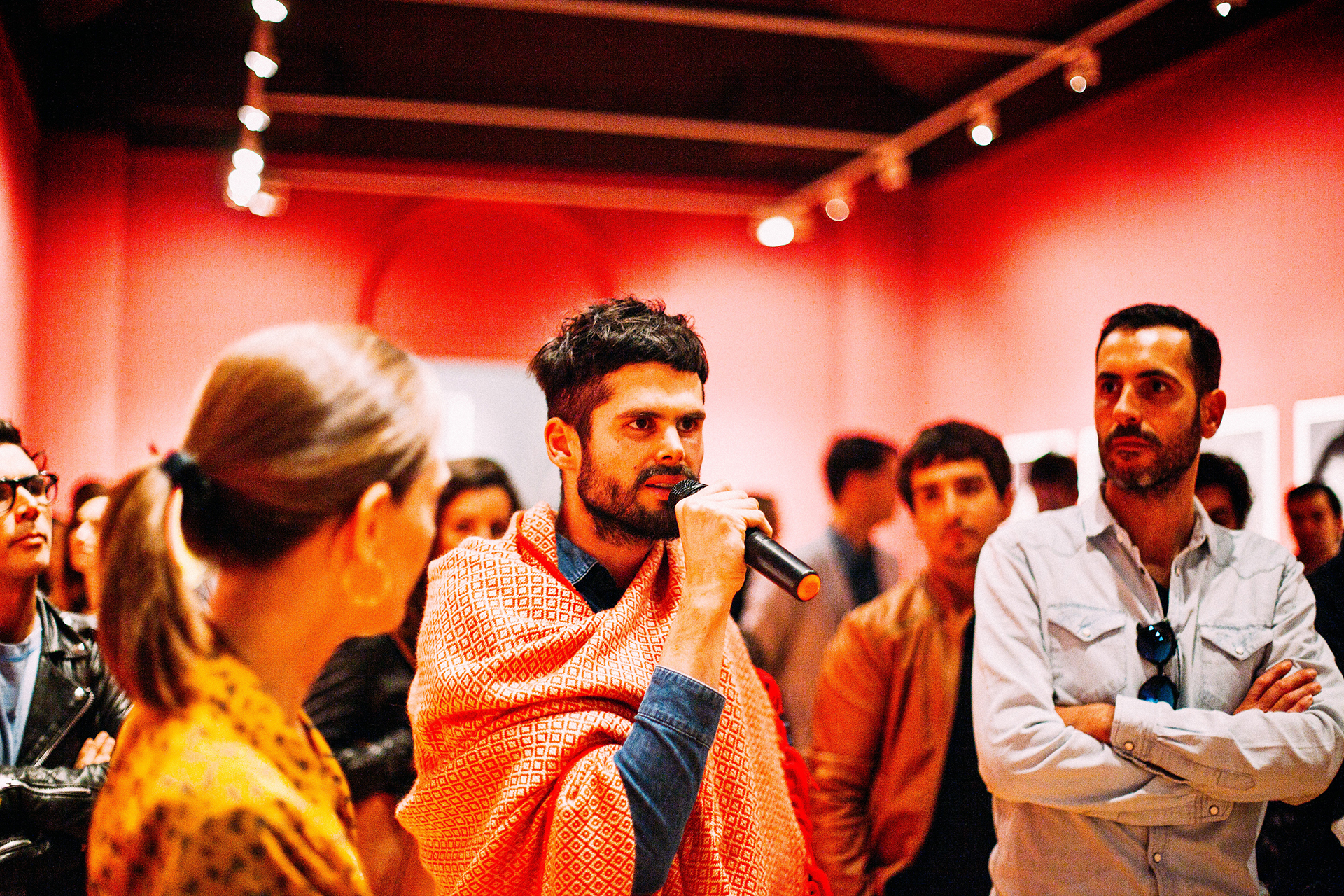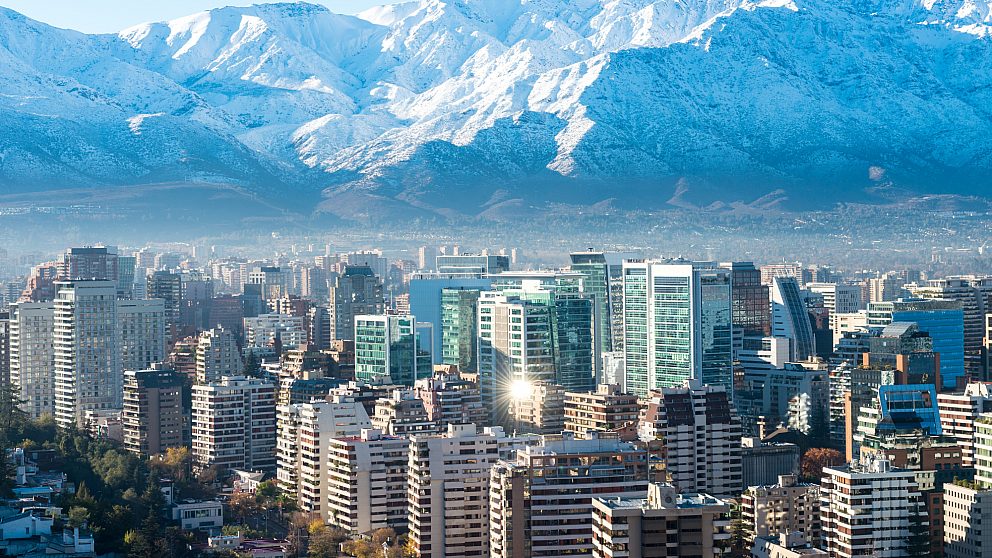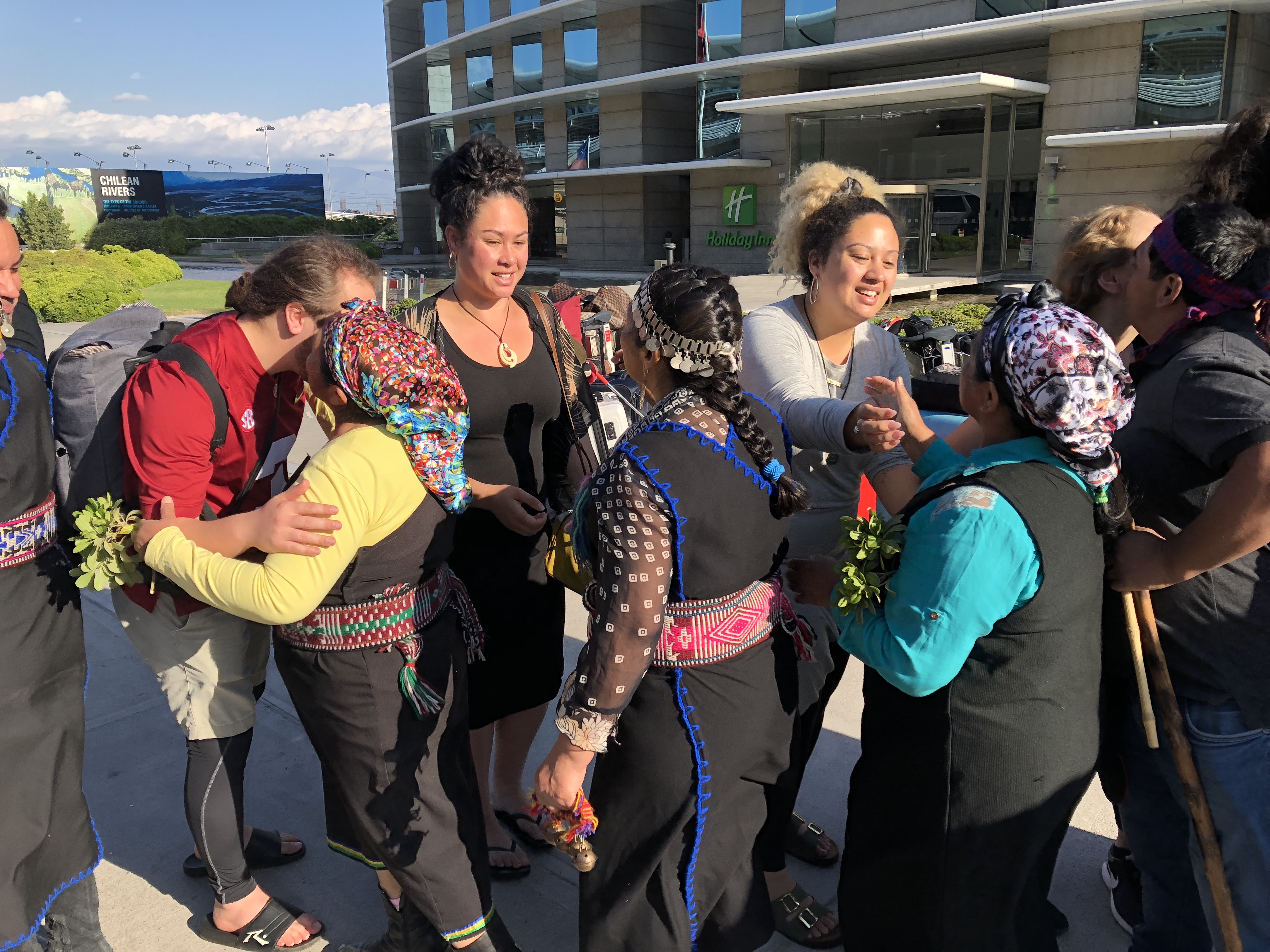*photo taken on King George Island, highlighting the record high temperature of 20.75°C on Seymour Island
The Latin America CAPE supported Caleb Fraser on his trip to Antarctica on the Antarctic Cities Youth Expedition in February this year. He was chosen as the New Zealand representative for the Gateway City of Christchurch and joined by four other young leaders from Chile, Argentina, Australia, and South Africa. Read more about his experience in an interview we did with him earlier this year.
Our mission is to connect New Zealanders to Latin America. What were your key learnings from your interactions with the region? What is Latin America doing in the effort to fight climate change that New Zealand could learn from?
What were some of your biggest takeaways from the experience?
How was working the other young leaders? What did you learn from them and their backgrounds or experiences?
Tell us how you and the other young leaders will actually make the coalition work. What will you do to keep it active and who else will you bring into it?
Did the trip enhance your global competence?
What are the next steps, what tangible things will you deliver?
Why is it important to have young people involved in projects like these?
What does being a part of this project mean to you as a New Zealander? What responsibility do you believe New Zealand has in the fight to save Antarctica?


